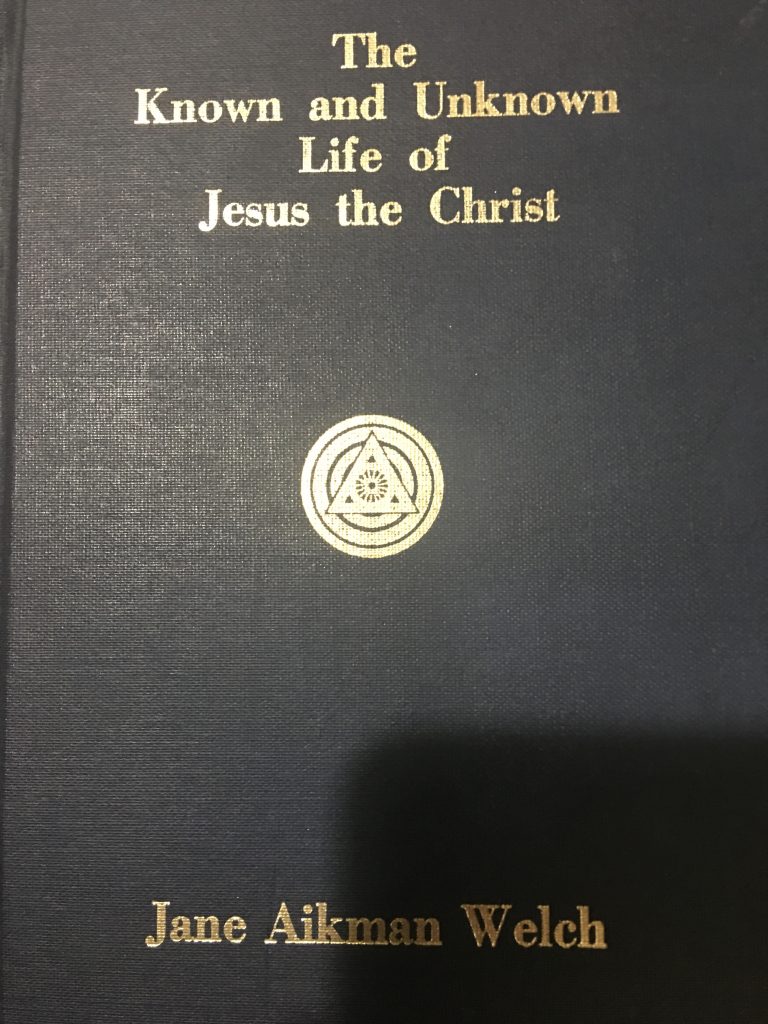
I gather that there were 3 major migrations to Contessa Entellina, so it is more complex than simply saying that Albanians migrated. There was a Kingdom of Epirus which was lower Albania, Upper Greece, & Macedonia… In one of my YouTube videos (@Relaxing Raw Footage), Annalisa mentions the Baroness who accepted the Albanian people into Contessa Entellina. (I post all of my Contessa Entellina Videos to the “Videos” Tab (on this website) and to the “Contessa Entellina” Tab ( :
The following 2 versions of history are not definitive; there are multiple versions of what happened; for instance, “some say a baroness lived in the palace that is now the town hall; this Baroness received the Albanian people”, so in this version we did not found a new town, but were absorbed into an existing village. This information comes from Annalisa Gannuscio.









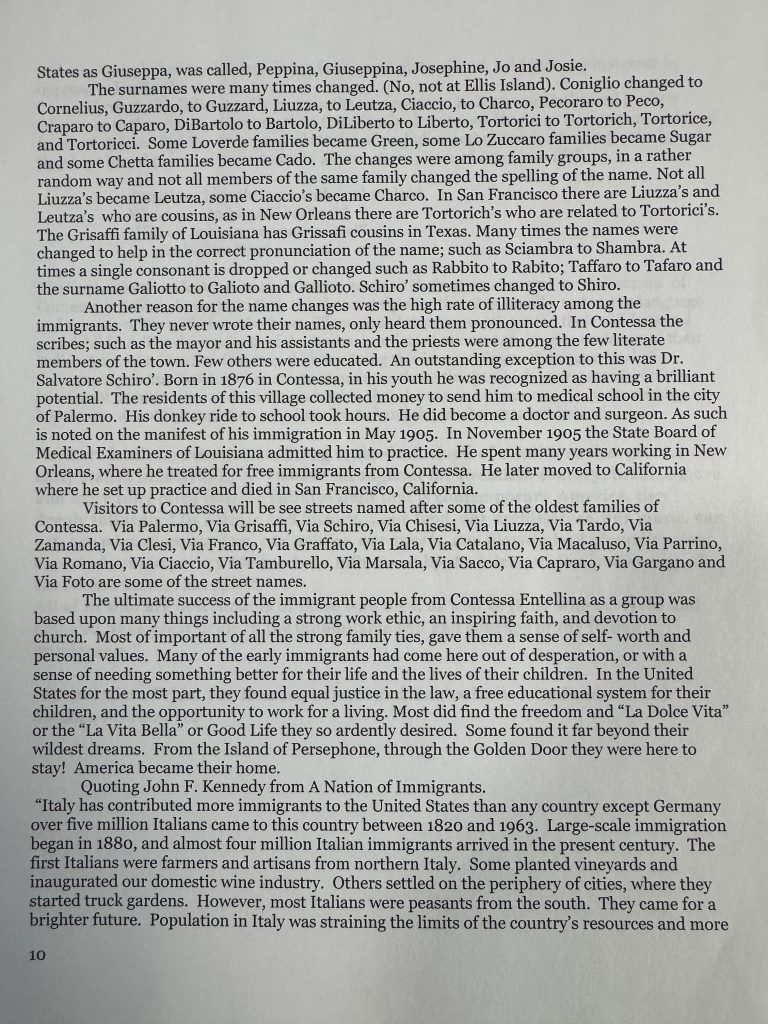
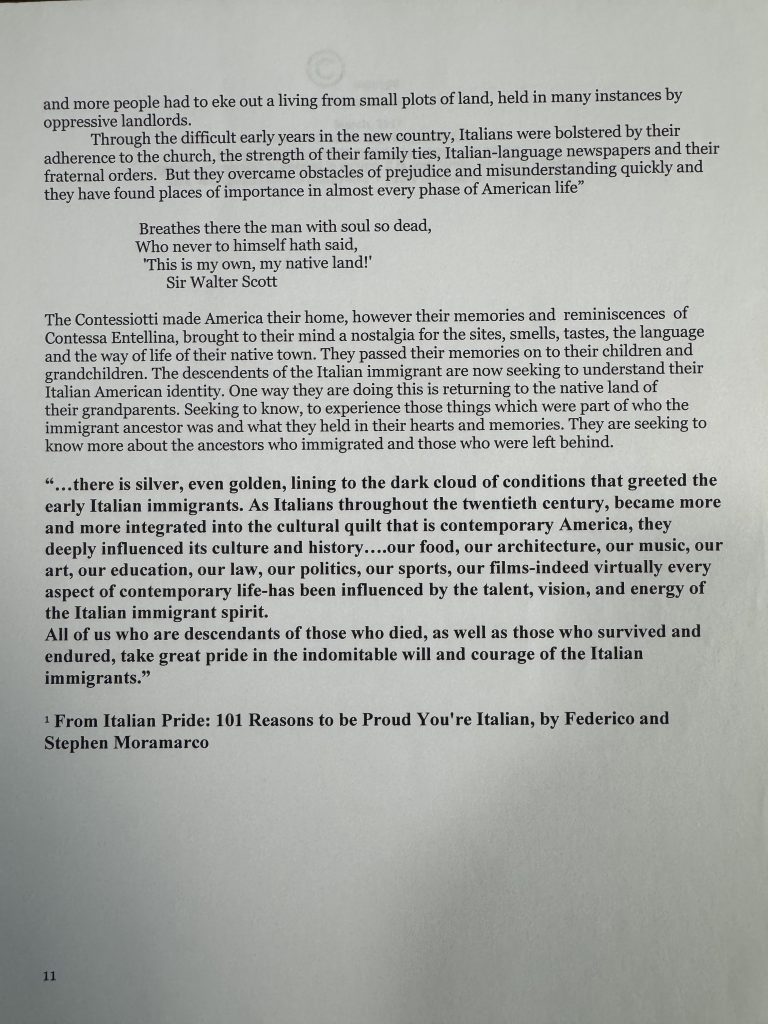

Bret Clesi (former society historian) told me (May 6th 2025) that when Contessa Entellina was being established, the first thing needed to be done was to dig holes to find water. The first two holes were dry. In the third hole, the shovel hit the head of a statue of the blessed mother (a replica of which is in our mausoleum in New Orleans); when the statue was removed, the water flowed and Contessa Entellina was established.
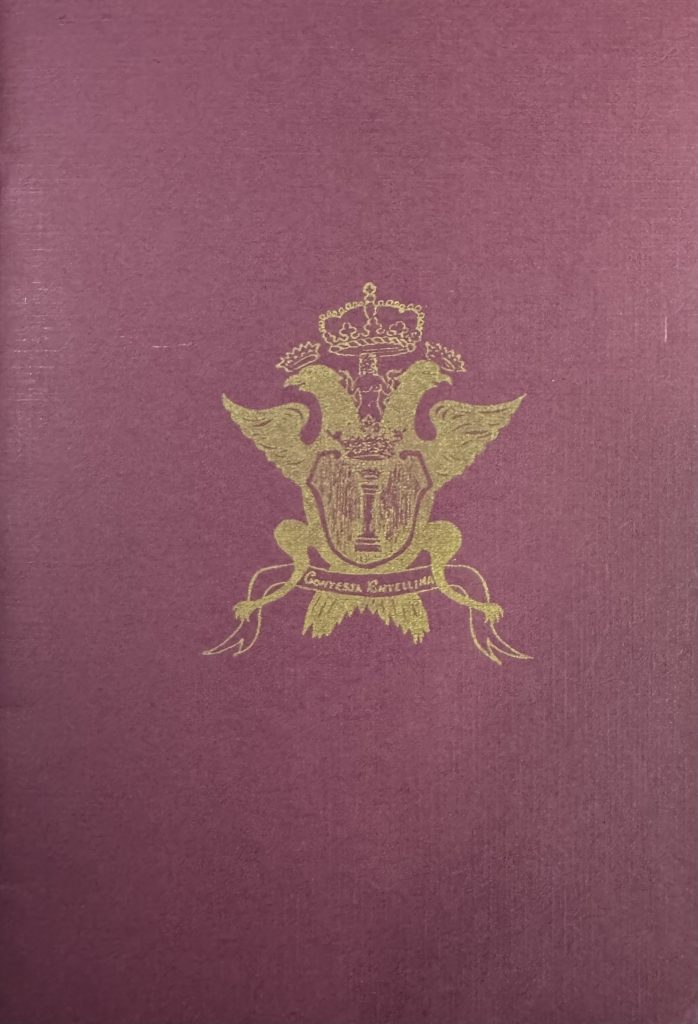
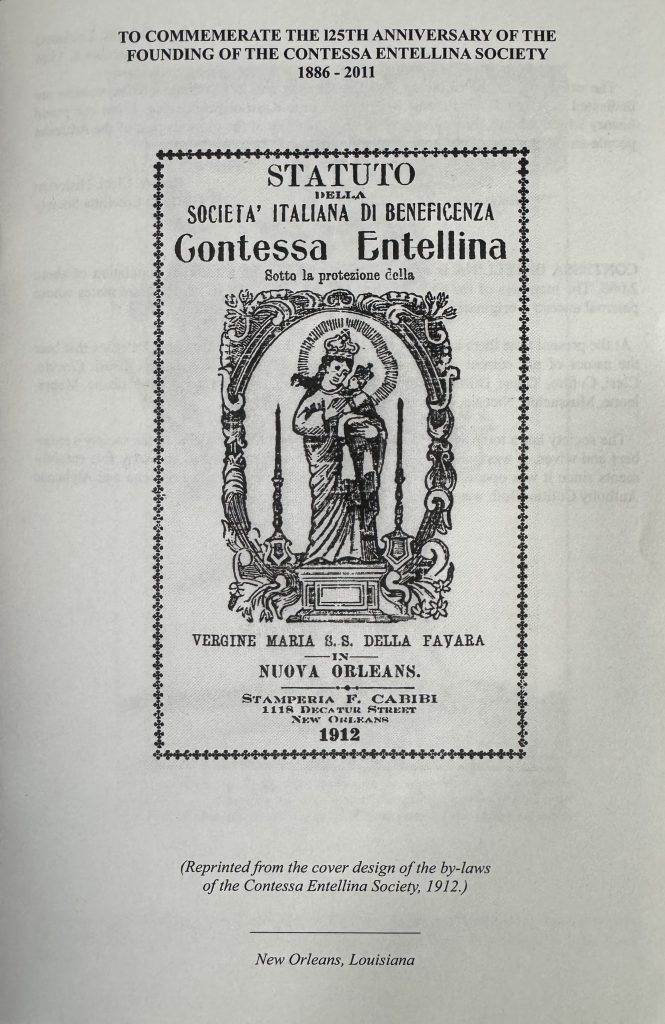



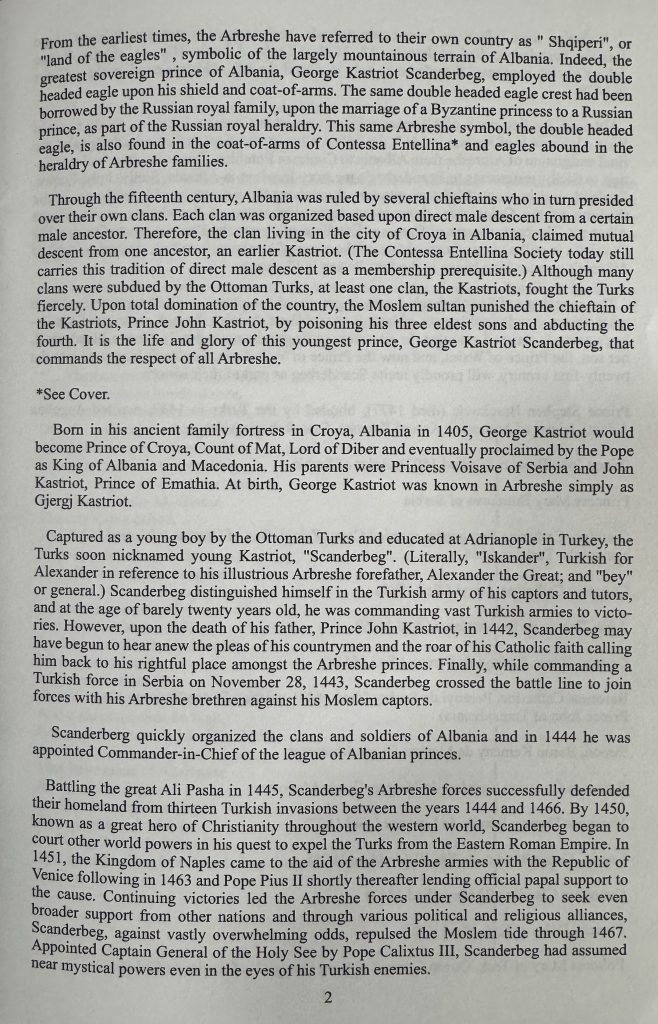
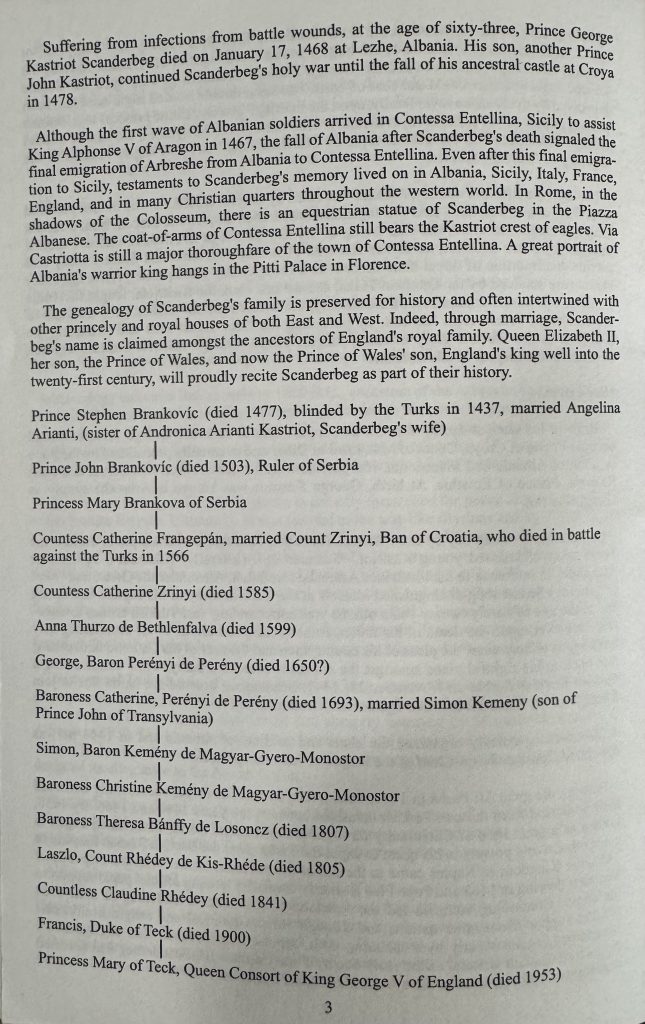





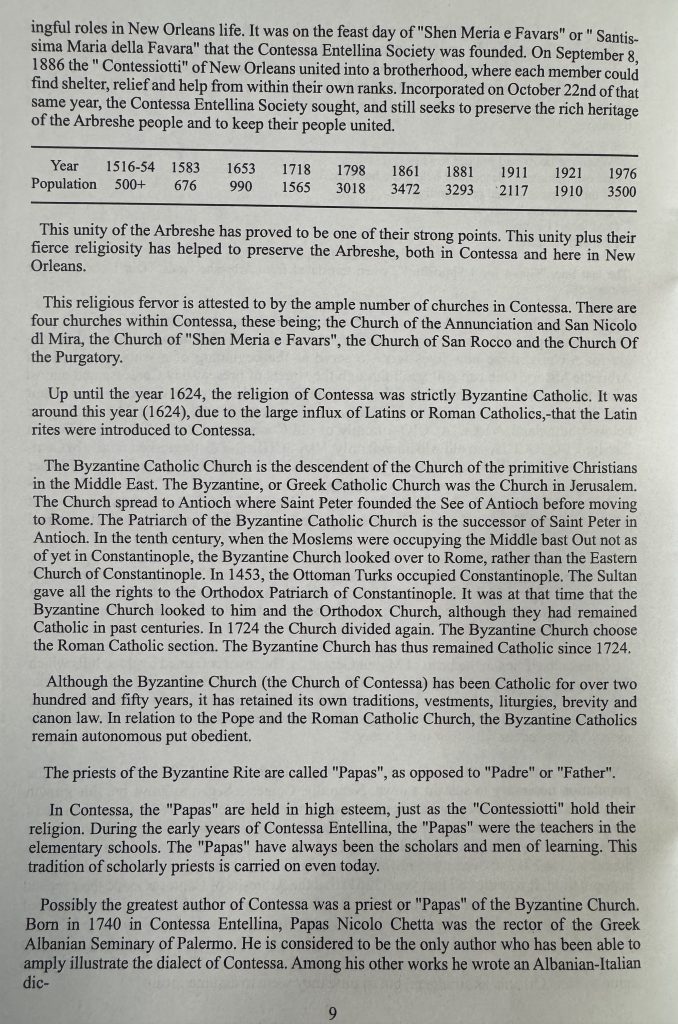

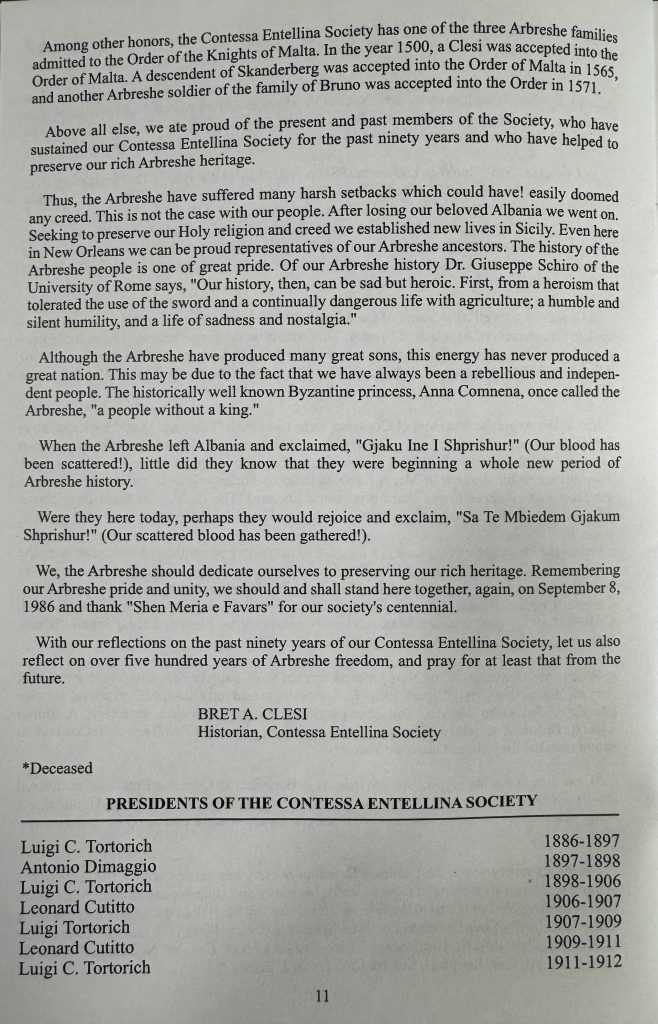

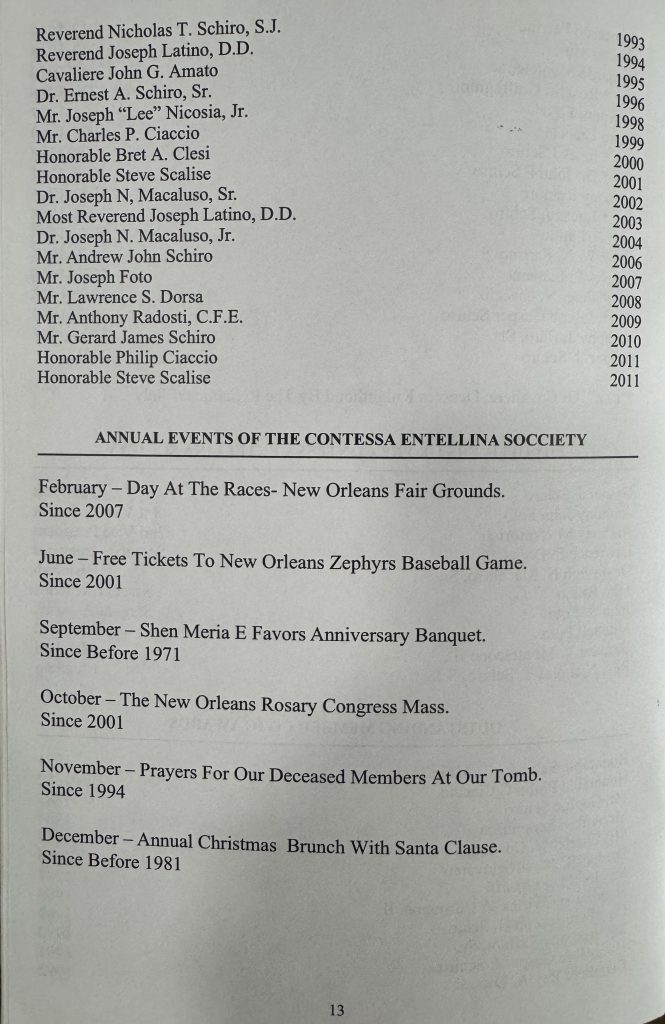


If your surname is Schiro, there is a story of two brothers Jake / Jack (Gioachino) & Vincent: Vincent married, Jake had not; Vincent died, and Jake married the widow, giving birth to two branches of the same bloodline. “Schiro” means “Strong”.


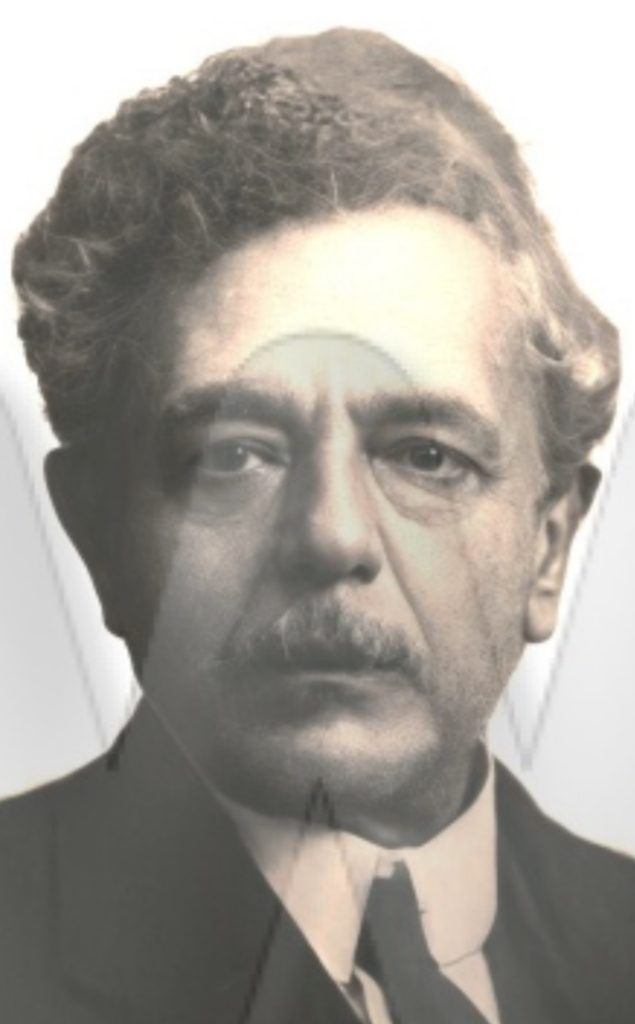
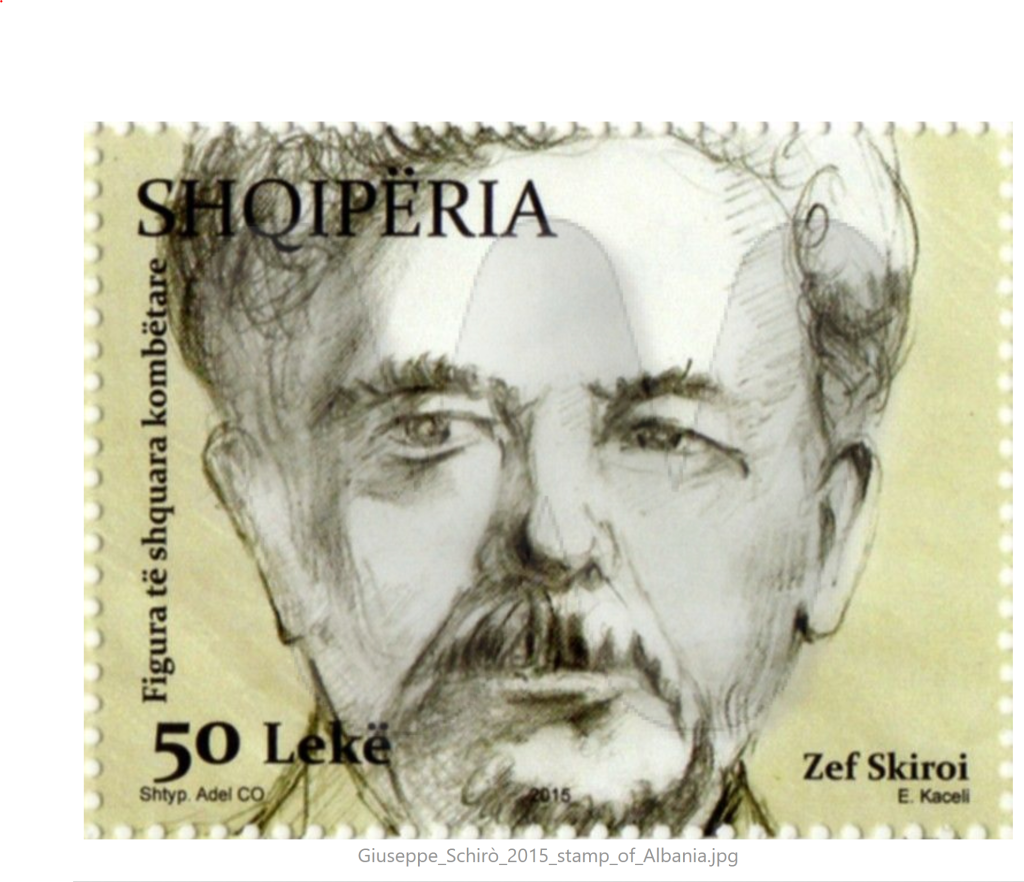


Greek-Albanians (Kingdom of Epirus), Schiros from Skyros – Greece, and Albanian warriors fought for The Church against the Ottoman Turks (who spread Muslim culture by the sword).
In Albania, the years long fight failed, so Pope Nicholas 5th granted us passage to Sicily along with our royal titles and permission to establish towns (to the seven royal families) – we owned land in those days = royal; did we have Albanian/Epirus ≈shamanic practical applications of esoteric knowledge that may be lost if we don’t go back to the highlands from which we came to try to recapture that important powerful knowledge?
Dresses were embroidered with actual gold thread in patterns.
The Greek influence was from seafaring entrepreneurial traders.
The Greeks have a wealth of esoteric knowledge.
Italian influence integrated when living in Sicily for a few hundred years before the slaves were freed in America (united States), when the plantation owners of the greater New Orleans area paid passage for skilled Sicilian farmers to come work the plantations; after two years of service many of us left the plantations to open groceries, bakeries, etcetera in New Orleans and beyond. Also, famine from world war two brought many Sicilians/Italians to New Orleans.
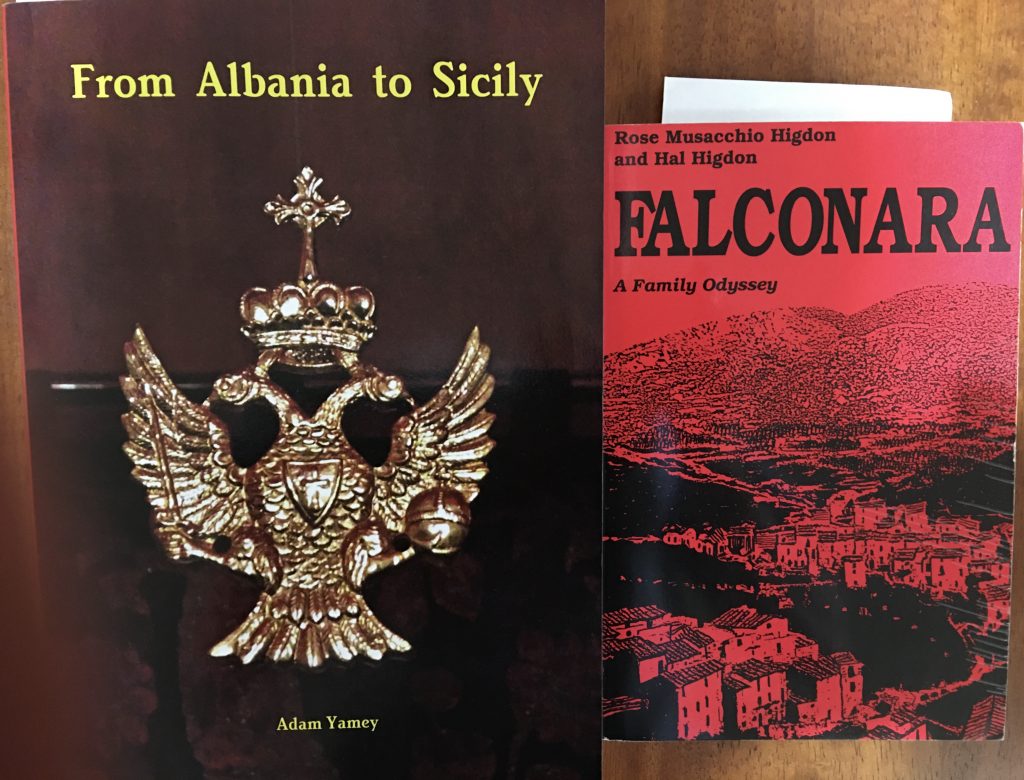
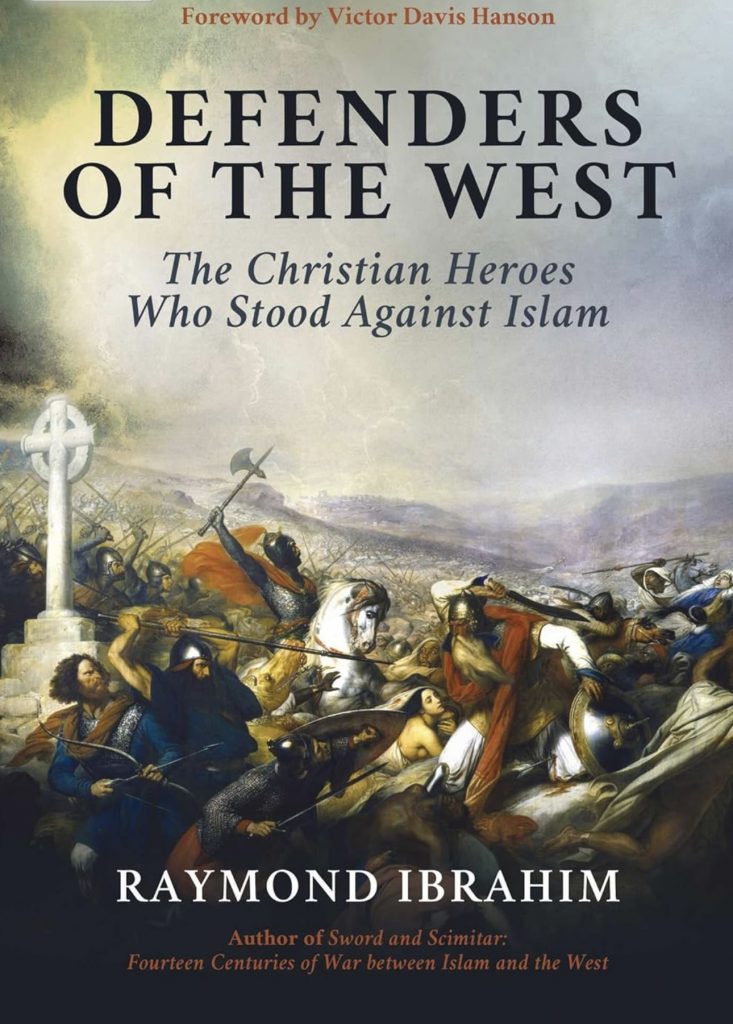
I had to stop listening to this audio-book; the Muslims raped mothers in front of daughters & then the daughters in front of the mothers. Aspects of war aside, a lack of social integration between males and females must make it very difficult in Islamic culture to function as a civilized society; I have heard from students studying in the u.S. from Arab areas that boys and girls go to separate schools, and the weaker boys get sodomized/raped as a normal part of their culture; also, that it is true that religion is supplied by the sword; clearly this is a threat to humanity & national security.
“Defenders of the West” mentions a quote (Luke 22:36) Jesus said, ≈if you don’t have a sword, sell your cloak and buy one…something to that affect.
I am (Justin Lance Schiro) of the opinion that one way to help the society of man is some form of ≈psychology in education, not to manipulate, but to educate young minds and to reinforce in minds of every years of the education system globally that respect and love of one another is important. Meditation in schools is paramount as a scientifically proven method of bringing coherence to all brain cells, improving behavior, scores, etcetera. Mass Meditation reduces global negative events during the time of mass meditation, so when schools practice meditation in each different time zone around the world, we create a global system to bring humanity to coherence.(VeganMonastery.org) In Japan the first years of education teaches manners without being graded. We need Mr. Fred Rodger’s good work back in the lives of “children”(“kids” are baby goats = physiological warfare operations) and on mainstream platforms, and we need mass meditation centers to bring coherence the global consciousness. Can diplomatic talks bring any solution to Muslims who believe in murdering all non-Muslims wherever found? At some point we have to choose either war or transmutation & ascension (alchemy of the soul) before expiration of the body to a higher plane, which comes with higher powers, or authorize through mass prayer for higher forces to come to our aid. Do we need a mighty force of monasteries to save the world or a mass culture of meditation, prayer, and purity to influence the unified field into coherence?
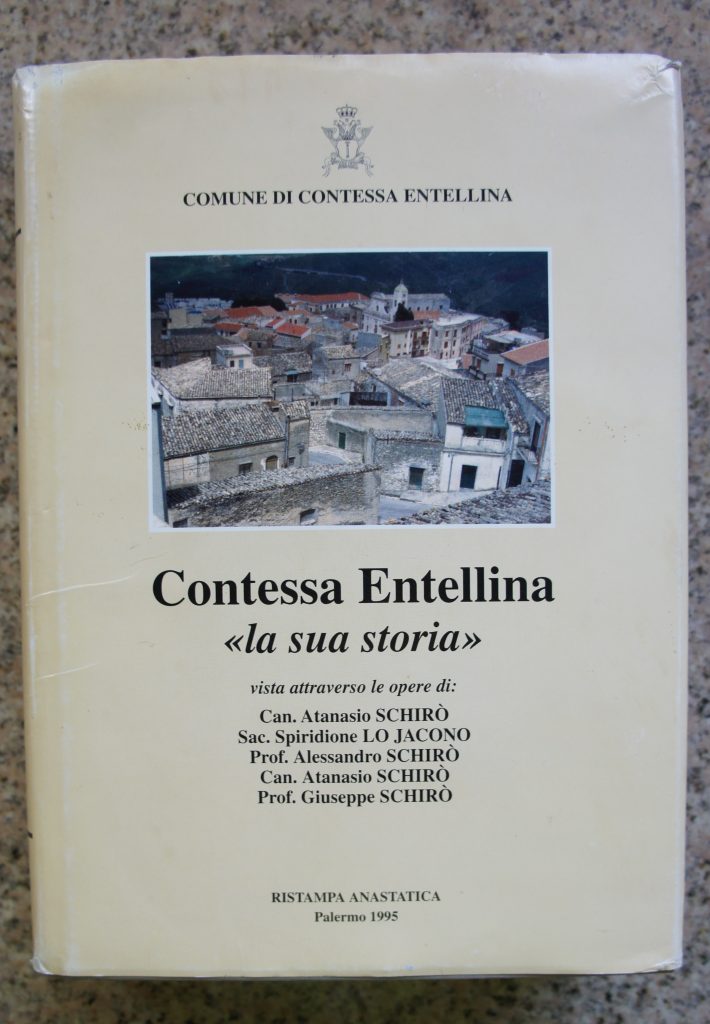

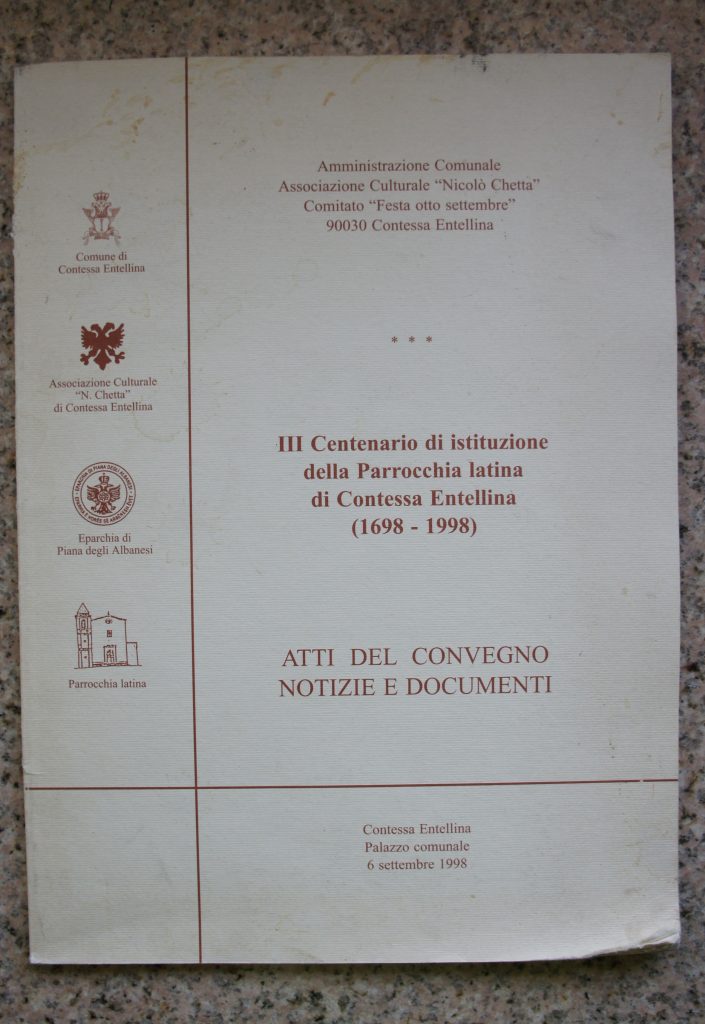
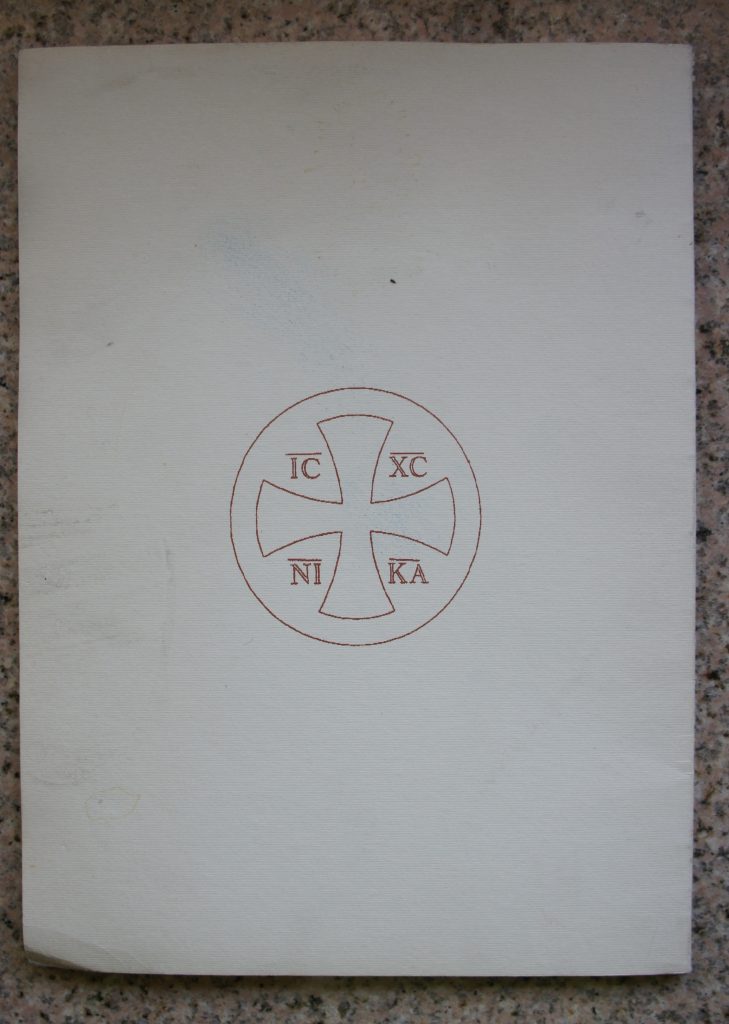
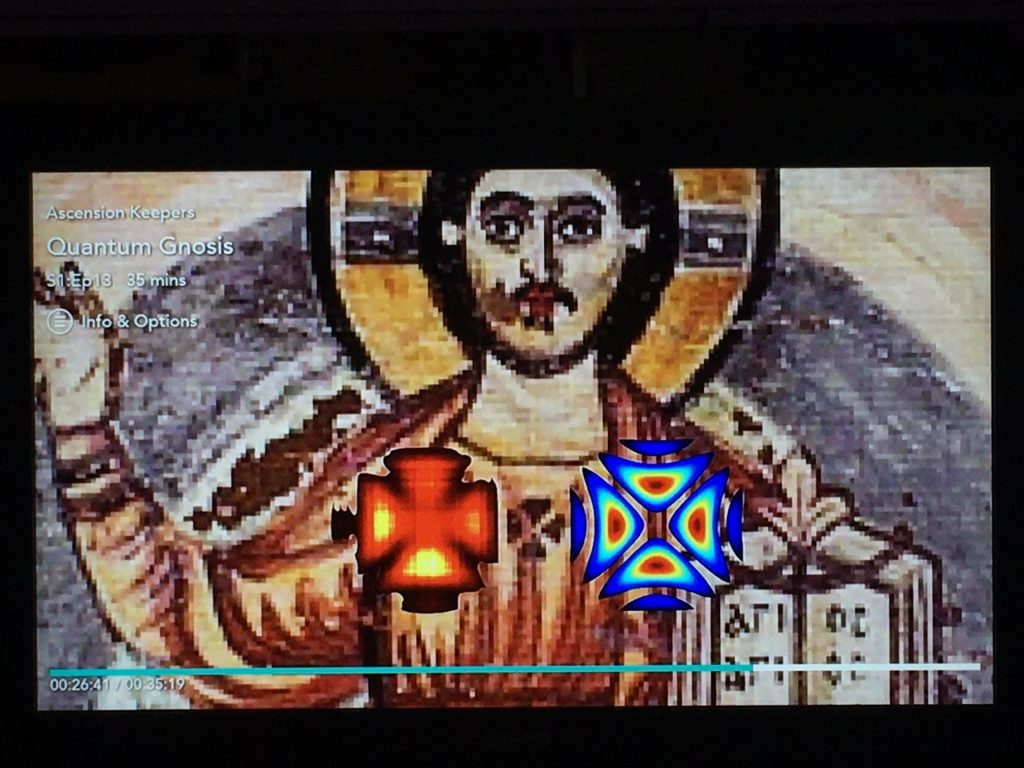
In the region of Tibet, this transmutation of the flesh into pure light is called Rainbow Body Attainment or The Great Perfection. In other cultures such as Sufism, it is known by other names such as The Diamond Body.
Always remember the the Shroud of Torin proves the Ascension no mater what authors write about the existence of Yehoshua (Jesus).
This image was taken from Gaia, a subscription service for those who want to watch meaningful and inspirational programing for the soul; this was from a presentation by William Henry, who’s works I highly recommend. I also highly recommend watching Freddy Silva‘s presentations, one of which is on the 900 year history of the Knights Templar, in which Portugal is shown to have purposefully misspelled “Portugal” on a coin for the meaning of its misspelling that is the (Jesus & Mary Magdalene’s Bloodline = The Grail) (Por Tu Gral) still being protected in Portugal.
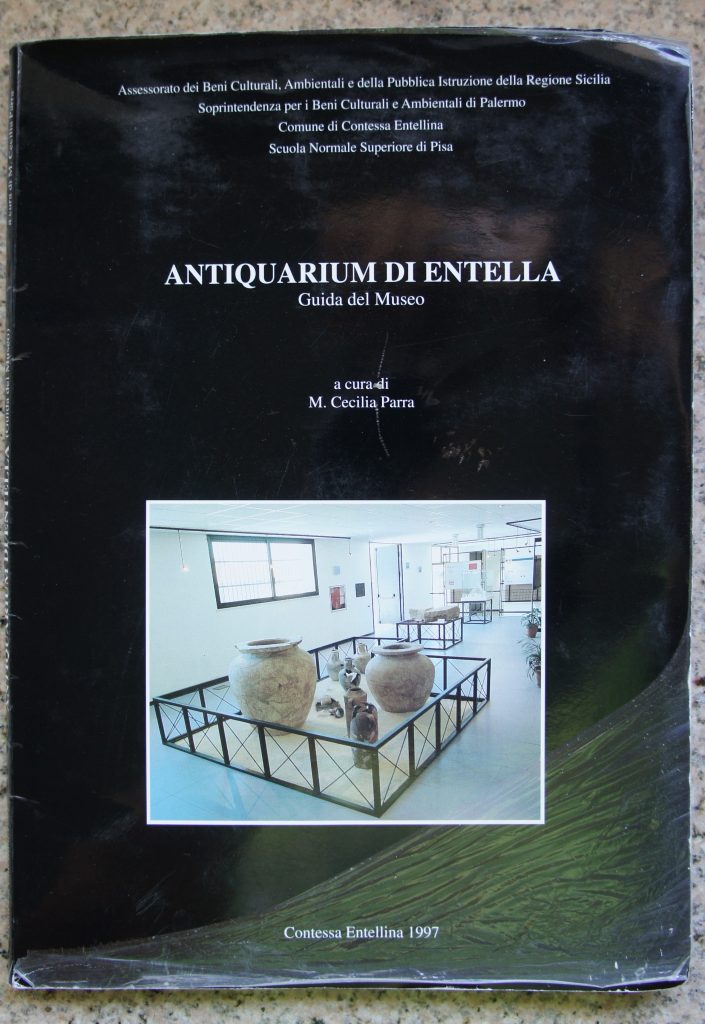
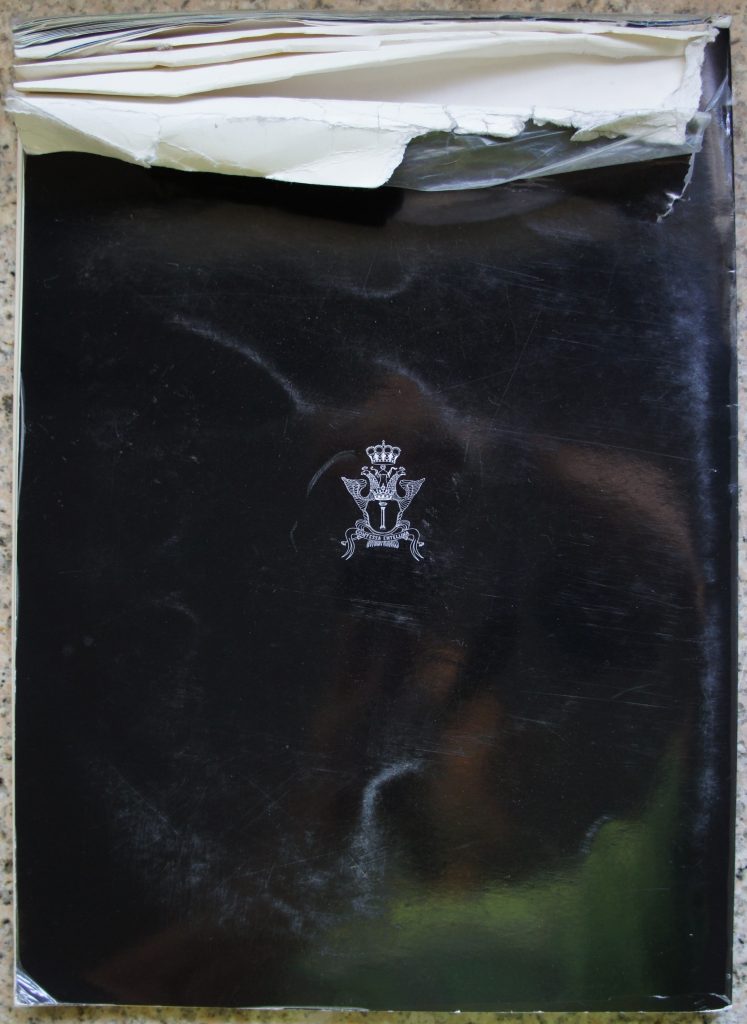
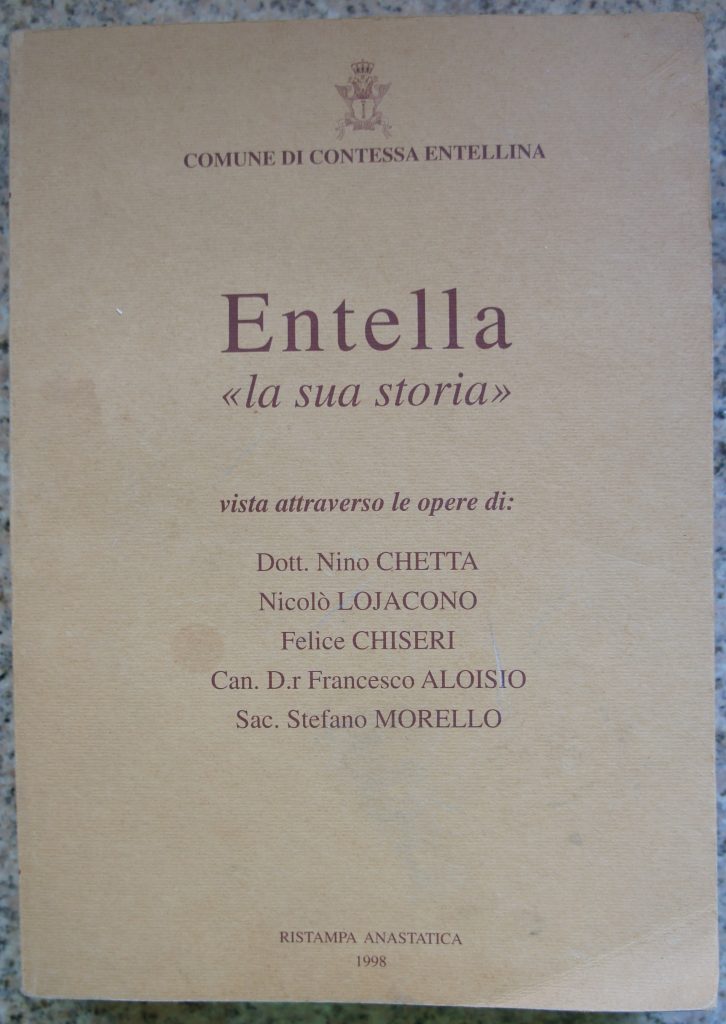
http://www.contessaentellina.net/
Jefferson Parish Regional Library
2nd floor Italian Research Library
West Napoleon Avenue
Metairie, Louisiana
More on Religion:
One may wish to dig deeper into the Byzantine Orthodox Church &/or Greek Orthodox Church.
The Byzantine Orthodox Church allows married priests, which I am personally very happy about. Joyce Lucas Schiro was of the opinion that priests should be allowed to be married.
It is my understanding that both churches (Byzantine and Greek Orthodox) in Contessa Entellina have married priests.
Most of the original disciples were married, as was and still is the Jewish custom.
Many including William Henry have written books about & argue that Jesus was married & that the host of a wedding is responsible for providing wine to the guests. Was the wedding at Cana Jesus’ wedding? It was completely normal in those times, & I believe still is in the Jewish faith, for Rabbis to marry.
Many things have changed from the times of the original Church of Jesus, the Christ. What is important is the search, the dominant thought, and state of purity through meditation, prayer, and communication / daily relationship with the Saints, Jesus, & the Angels to attain the true goal here on Earth, the transformation of human into Angel, just as Metatron did. – to become perfect
What I like about the Byzantine Orthodox Church is that the mass is entirely sung with the exception of the homily. King Solomon sung his prayers. Frequency/pitch in song is cause & effect… I like the icon tradition; one is supposed to gaze & reflect; quantum physics has proven that we become what we see. Beware of the “Programing” watched on television; choose wisely.
Asked of the Priest of Greek Orthodox Church at Holy Trinity Greek Orthodox Cathedral:
Is the Greek Orthodox Church considered Byzantine?
This was the reply:
Yes, see the following excerpt from Wikipedia:
“Historically, the term “Greek Orthodox” has been used to describe all Eastern Orthodox churches, since the term “Greek” can refer to the heritage of the Byzantine Empire.[2][3][4] During the first eight centuries of Christian history, most major intellectual, cultural, and social developments in the Christian Church took place in the Byzantine Empire or its sphere of influence,[4][5][6] where the Greek language was widely spoken and used for most theological writings. The empire’s capital, Constantinople, was an early important center of Christianity, and its liturgical practices, traditions, and doctrines were gradually adopted throughout Eastern Orthodoxy, still providing the basic patterns of contemporary Orthodoxy.[7][8][9] Thus, Eastern Orthodox came to be called “Greek” Orthodox in the same way that Western Christians came to be called “Roman” Catholic. However, the appellation “Greek” was abandoned by the Slavic and other Eastern Orthodox churches as part of their peoples’ national awakenings, beginning as early as the 10th century A.D.[10][11][12] Thus, by the early 21st century, generally only those churches most closely tied to Greek or Byzantine culture and ethnicity were called “Greek Orthodox” in common parlance.[13]
Greek Orthodoxy has also been defined as a religious tradition rooted in preserving the Greek identity.[14] In 2022, U.S. government estimated that 81-90% of the population of Greece identified as Greek Orthodox.[15]“
What I like about the Greek Orthodox Church is that one gets to settle into a nice 2 hour long service, which allows one the time and environment to attempt to tap into a spiritual state of consciousness.
Again, this tradition also sings the mass, in Greek.
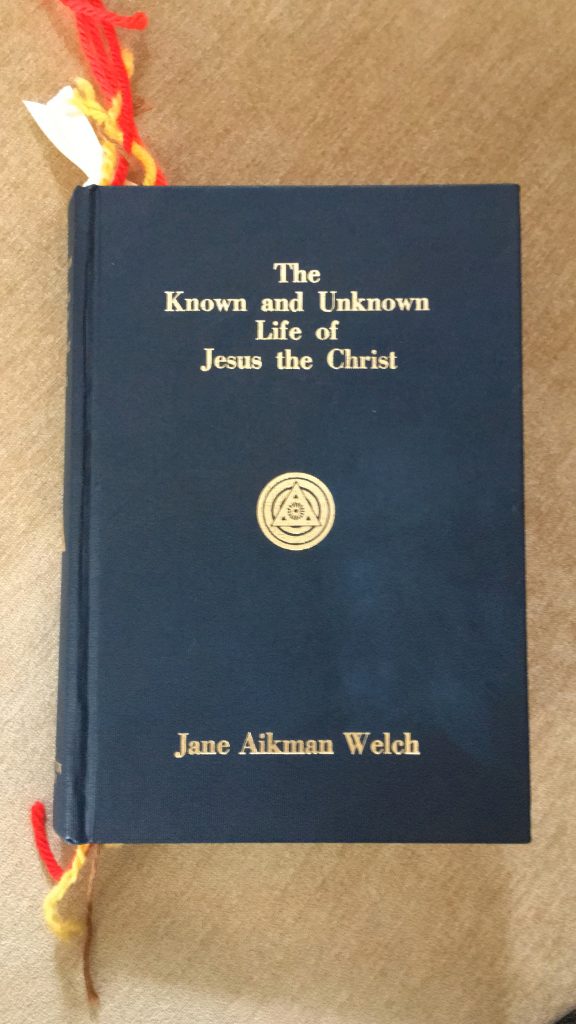
When state officials visited these monasteries to fact check this information asking to see the texts, the monks denied access & existence of Issa because the monks knew that these state officials were not interested in truth, but in their own agenda.
